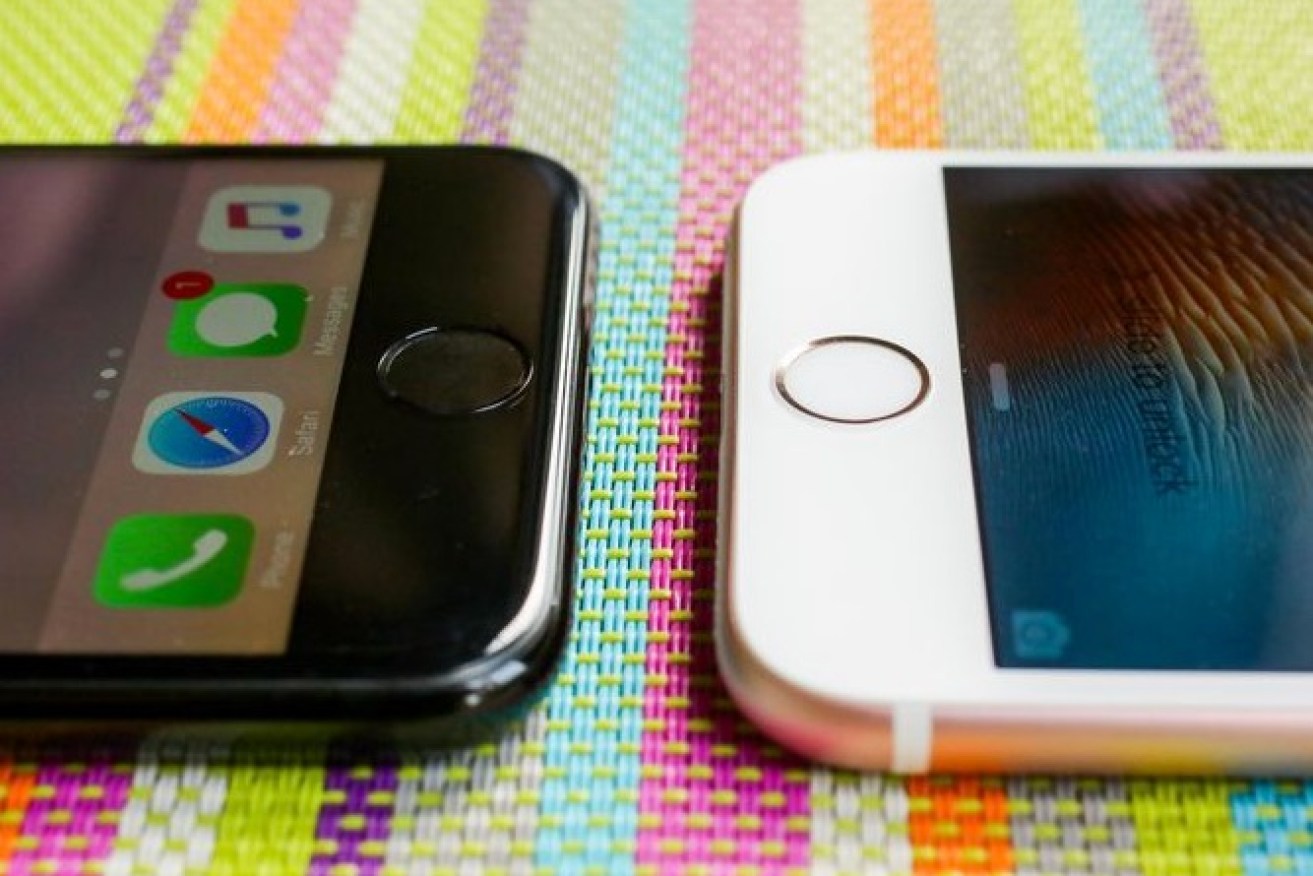iPhone 8 could be delayed due to problematic security feature


Apple could be forced to delay its iPhone 8 launch or axe its troublesome home button. Photo: Twitter
People desperate to get their hands on the newest version of the iPhone when it is released later this year may have to wait longer than expected.
Apple may be forced to delay the release of its highly anticipated 10th-anniversary iPhone as the tech giant struggles to implement its new fingerprint sensor.
The redesigned iPhone 8 is reportedly creating problems for developers, with issues configuring its key security feature, the Touch ID, under the device’s new edge-to-edge glass screen.
Pacific Crest Securities analysts claimed these manufacturing issues may cause a delay or force Apple to eliminate the component altogether, to meet its mid-September release window.
“Likely options for Apple include a delay of production or elimination of fingerprint sensing on the OLED iPhone,” Pacific Crest wrote to its clients on Sunday.
“The anticipated move to a full-screen OLED panel in the coming iPhone 8/X eliminates the physical home button … At this point, we do not believe Apple’s optical fingerprint module provider has firm orders for production, which suggests Apple does not have functionality of the optical fingerprint sensor ready.
“If it’s able to solve the problems in the next month or so, it would likely place volume orders at that point.
“If it’s not able to fix the problems in that timeframe, Apple may be forced to eliminate fingerprint sensing from the OLED iPhone altogether.”
A number of reports have surfaced of Apple’s issues with its fingerprint sensor and home button in the past week.

Axing the fingerprint scanner will cause security issues with Apple Pay. Photo: Getty
Cowen analyst Timothy Arcuri wrote the company’s troubles have become so prominent it may have to copy its competitor Samsung’s flagship phone to release the iPhone on time.
He suggested that if Apple can’t fix its woes it must either “take out Touch ID completely and rely on facial/iris recognition” or move the fingerprint scanner to the back of the device, much like Samsung’s S8 phone.
However, according to RMIT University IT expert John Lenarcic, the adoption would be an incremental risk to Apple’s consumer base.
“When people were buying things that were uniquely Apple, they were part of a special club. Now the veneer of being unique may rub off and will annoy die-hard Apple fans,” Dr Lenarcic told The New Daily.
“This is a sign of desperation, Apple could be seen as trying to become like Samsung.”
He said the Touch ID has become an integral part of Apple’s devices, and must be preserved for security purposes.
Apple introduced Touch ID into the iPhone with the 2013 release of the iPhone 5S and has been its key security feature.
The Touch ID fingerprint sensor has been required for unlocking the phone, signing into apps and services, and using Apple Pay. Relying on its new facial recognition feature alone will only cause more problems, Dr Lenarcic said.
He also said he’s not surprised Apple’s difficulty in implementing the new fingerprint scanner.
“It would have to have multiple functionality because it has to do the normal things an interface does, and switching the fingerprint scanner on and off, but then that would create its own problems,” he added.








